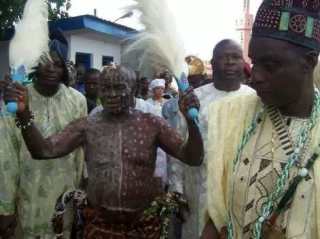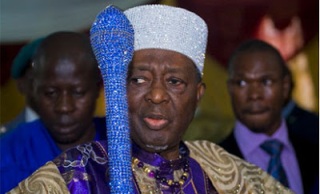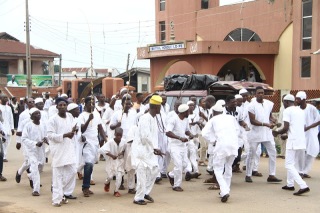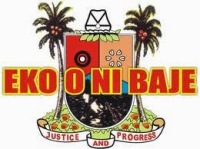Oyo, the great exporter of slaves in the eighteenth century, collapsed in a civil war after 1817, and by the middle of the 1830s the whole of Yorubaland was swept up in these civil wars.
New centers of power–Ibadan, Abeokuta, Owo, and Warri–contested control of the trade routes and sought access to fresh supplies of slaves, which were important to repopulate the turbulent countryside. At this time, the British withdrew from the slave trade and began to blockade the coast. The blockade required some adjustments in the slave trade along the lagoons that stretched outward from Lagos, while the domestic market for slaves to be used as farm laborers and as porters to carry commodities to market easily absorbed the many captives that were a product of these wars.
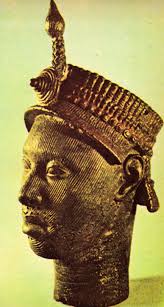
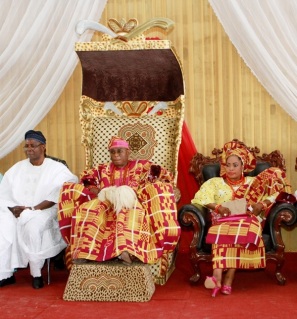
![Malê [of Yoruba descent] Revolt Malê Revolt](https://nigeriagists.files.wordpress.com/2015/08/d66de-mal25c325aa2brevolt.jpg?w=320&h=235)

